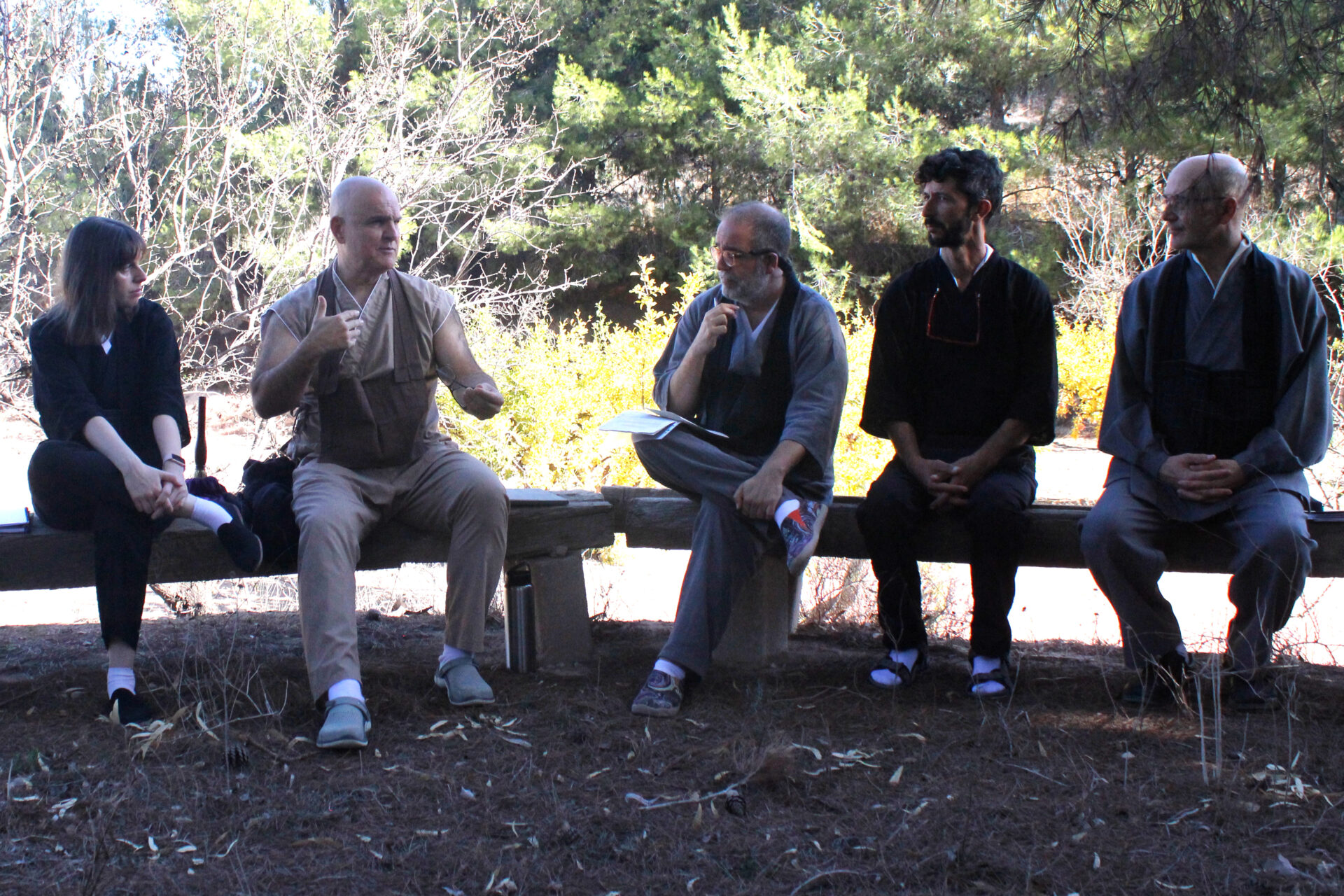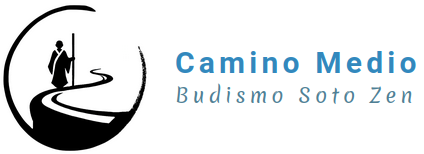We live in a world where emotions are constantly manipulated to direct our actions and decisions.. The consumer society, with its ability to capture our attention and shape our desires, it takes us away from our true nature, accentuating and taking advantage of our feeling of emptiness and disconnection. Faced with this, The practice of Zen meditation and the Way of the Buddha is an excellent path to recover our inner freedom, cultivate emotional maturity and deepen the search for true fulfillment.
The consumer society exploits our emotions and needs, making us believe that well-being depends on acquiring material goods or achieving unattainable standards. Through advertising, social networks and the culture of fast consumption, our minds are bombarded with stimuli that hijack our attention and condition our perception of happiness. This constant bombardment disconnects us from our true nature and keeps us trapped in a cycle of continuous dissatisfaction..
The Way of the Buddha teaches us that this suffering is caused by attachment, rejection and ignorance. But it also shows us a path of liberation: a return to essentials, where we learn to live with full awareness and free ourselves from external control through this clear awareness.
The essence of Zen practice is zazen, seated meditation. In this practice, we cultivate mindfulness and effortlessness, returning to the present moment again and again. This seemingly simple act has a profound effect: allows us to become aware of our thoughts, emotions and reactive patterns, observing them with equanimity.
In zazen, We learn that we are not only our emotions or our thoughts., we are also the conscious presence that observes them. This discovery frees us from identification with them and, therefore, with the impulses generated by the consumer society and allows us to regain control over our lives. The regular practice of zazen strengthens our attention span, helping us resist external distractions and manipulations.
The Way of the Buddha not only seeks to free us from external influences, but also cultivate an emotional maturity that allows us to face life with clarity and balance.. This maturity arises from persistently studying and practicing the Buddha's teachings on the nature of mind and suffering.. For example:
- Recognize the transitory nature of emotions: And El Zen, emotions are not ignored or repressed, but observed as they are: impermanent phenomena that arise and disappear. This understanding helps us not to be swept away by impulsive reactions and to respond wisely instead of reacting automatically..
- Accept reality as it is: The practice of zazen teaches us to be present with what happens, without trying to resist or control it. This acceptance allows us to face stress, uncertainty and pain with equanimity, avoiding falling into consumption cycles as an escape mechanism.
- Transform desire: Zen does not eliminate desires, but it transforms them. Instead of desiring external objects that promise fleeting happiness, we learn to deeply desire what really matters: inner peace, connection with others and spiritual fulfillment.
Zen practice is not just a means to resist external manipulation; It is a path to a full and awake life. The Way of the Buddha invites us to explore who we are beyond the narratives created by society. It reminds us that true freedom is not following our unconscious impulses, but the ability to act from a place of clarity and compassion.
The Way of the Buddha, crystallized in the Noble Eightfold Path, It is a set of practices and principles that help us live clearly, purpose and ethics. This path is not a set of invariable rules, but a practical guide to respond to the challenges of modern life, including emotional manipulation and consumerism.
The Noble Eightfold Path becomes a powerful resource for integrating meditation and mindfulness into our daily lives., providing us with tools to resist external conditioning and act from a place of authentic freedom. Each of its principles can be applied to transform our relationship with ourselves., others and the environment.
The principles of the Noble Eightfold Path in our daily lives:
- Correct Vision: Understand that suffering arises from attachment and excessive desire, which allows us to let go of our expectations and live more lightly. In a world that bombards us with messages that promise happiness through consumption, This vision helps us discern between the essential and the superfluous.
- Right Thinking: Cultivate intentions based on generosity and compassion, instead of selfish or competitive thoughts. This protects us from falling into the trap of extreme individualism fostered by contemporary society..
- Correct Word: Be aware of the impact of our words and speak truthfully, avoiding falling into superficiality or manipulative communication promoted by the digital and advertising environment.
- Correct Action: Live ethically, respecting others and the environment. This principle helps us reflect on how our consumption decisions affect others and the planet..
- Right Livelihoods: Choose livelihoods that are in harmony with our values and do not contribute to harm or exploitation. In a context of globalized consumption, This means questioning our choices and looking for more conscious alternatives..
- Correct Effort: Dedicate our energy to what really matters, leaving aside unnecessary distractions. This effort includes the practice of meditation and the cultivation of virtues that strengthen our resistance to manipulation..
- Correct Care: Stay present at every moment, observing our emotions, thoughts and actions without taking sides for or against. This mindfulness is a key tool to recognize how someone tries to manipulate us and respond wisely..
- Correct Concentration: Deepen your meditation practice to develop a clear and stable mind. A focused and equanimous mind is less susceptible to being carried away by fear., anxiety or impulsive desire.
Soto Zen Buddhism, provides us with a direct response to the demands and tensions of modern society. The practice of zazen teaches us to be present and attentive, cultivating a more authentic relationship with reality and with ourselves.
By committing to this practice and the principles of the Noble Eightfold Path, we develop an emotional and spiritual maturity that allows us:
- Live authentically: We free ourselves from social conditioning and the need to meet external expectations.
- Make conscious decisions: We avoid impulsive consumption and direct our actions towards what really has value for us..
- Delve into human connection: By overcoming selfishness and distractions, we create more meaningful relationships based on compassion.
The Way of the Buddha invites us to live a full life, simple and conscious. By embracing this path, we become practitioners of an inner freedom that does not depend on external circumstances. This freedom leads us to live "like a drop of water within the great ocean", fully connected and, both, completely free.

